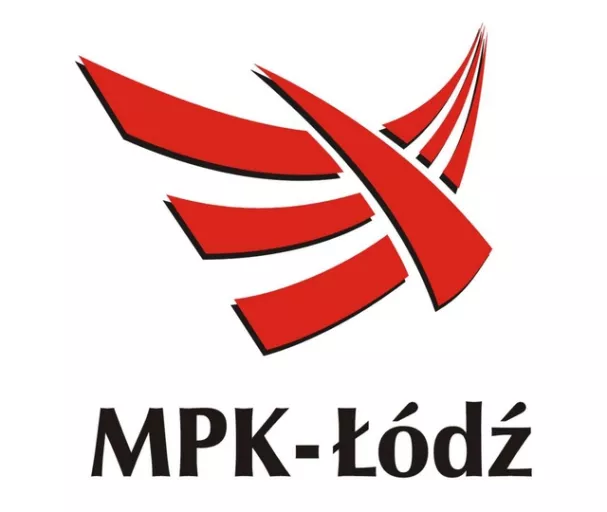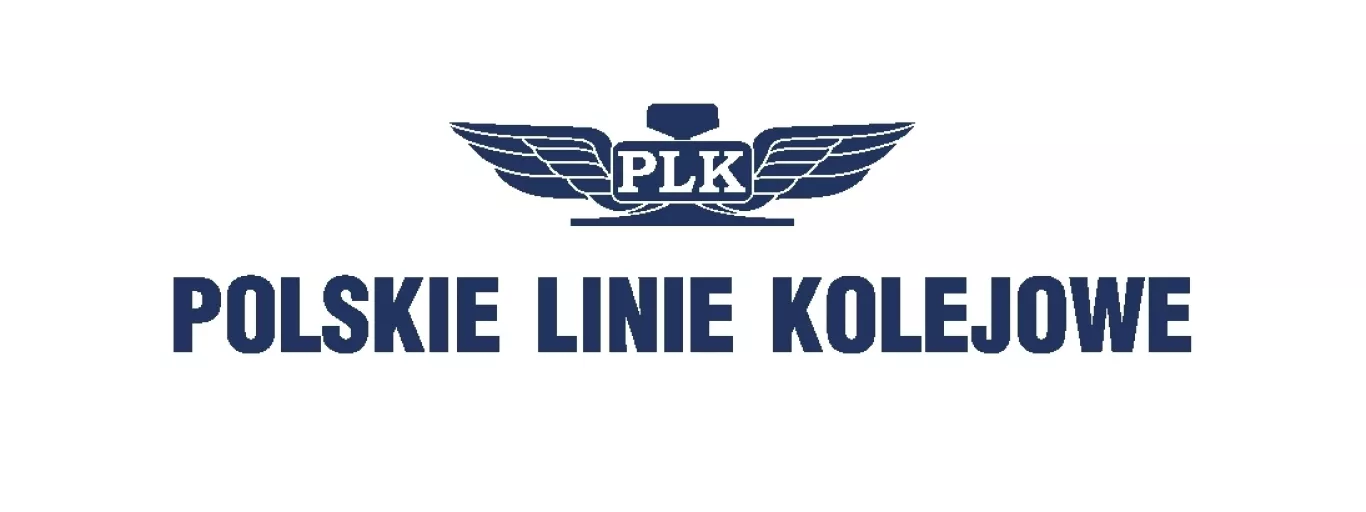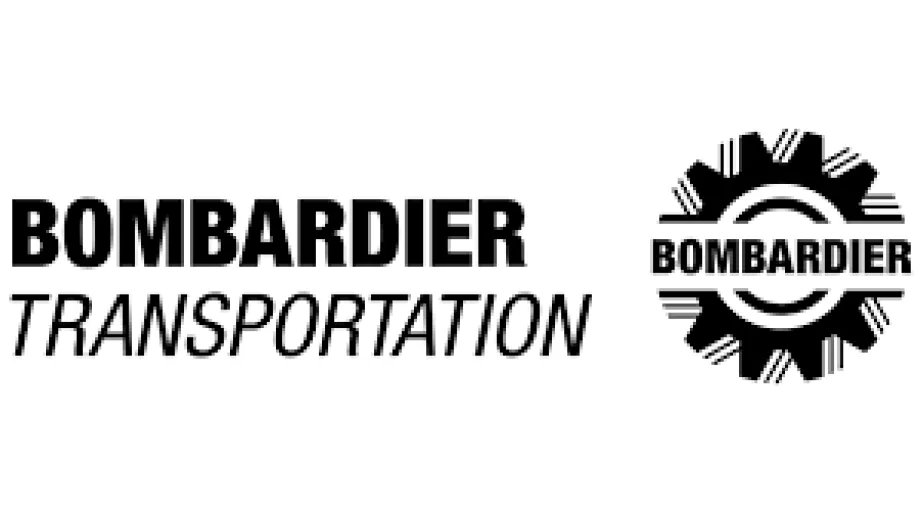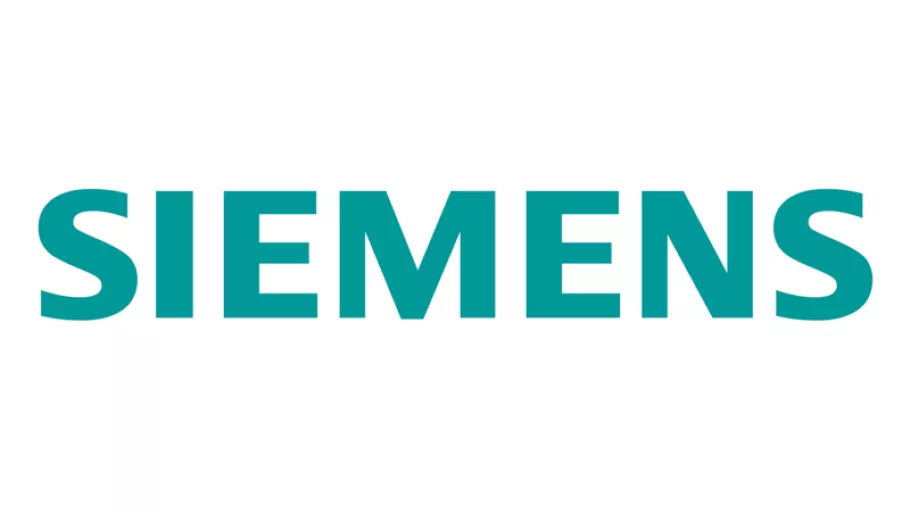
Future Mobility
Professional title
Cycle of study
Mode of study
Number of semesters
Language of instruction
Admission
Dyplom zawodowy
W rekrutacji na ten kierunek nie jest brany pod uwagę dyplom technika
About the field of study
Future Mobility is an interdisciplinary field of study for engineers who want to acquire knowledge, skills and competences in the field of design, optimization and management of future and current mobility infrastructure. Our mission is to educate specialists who will create new, easy, productive, safe and environmentally friendly transport. Lecturers help students understand how the world of vehicle construction and operation works. They will learn about different types of vehicles, including electric and autonomous vehicles, as well as traditional means of transport such as cars, buses and even planes. Thanks to classes in dynamics and mechatronics, they know how a pilot controls a helicopter and an airplane. They will also learn about materials and technologies used in the design and construction of vehicles. They also gain knowledge in the field of electric and autonomous vehicles. Thanks to this, they know what the benefits and challenges of electric and autonomous vehicles are. They will learn about the infrastructure needed to operate these vehicles, including energy storage systems, charging stations and communication networks. They will also learn about issues related to the use of artificial intelligence in mobility, including the application possibilities of artificial intelligence in the field of predictive maintenance and optimization of vehicle movement. Issues such as machine learning, image recognition and natural language processing are familiar to them. They are also able to apply methods and patterns in the field of data analytics, and even use 5G and ICT technologies in communication between vehicles and between vehicles and infrastructure, as well as to support real-time traffic management and remote vehicle control.
Future Mobility is a multidisciplinary approach to studying, based on knowledge from various fields, including mechanical engineering, electrical engineering and computer science. Many laboratory and design activities are carried out with industrial partners. Internships and work placements in modern industries will allow you to gain practical experience, while research projects and design challenges will help you develop the skills and knowledge needed to succeed in this new field.
The study program can be found on the website.
Competencies you will gain
About you
Accredited statistics on the causes of road accidents attribute them to driver inappropriate behavior or distraction in approximately 90% of cases. Only about 2% of cases are caused by technological defects. All currently available independent scientific forecasts confirm that a large decline in the number and severity of road accidents is expected with the widespread use of autonomous systems in vehicles. This is the direction in which the industry will develop in the coming years. Specialists who are qualified to design, construct and operate autonomous air and ground transport systems are sought on the labor market. To become one of them, take up Future Mobility. You will gain knowledge of technologies and business models of modern transport that meet the needs of upcoming changes in mobility. You will also gain the skills to create and operate intelligent transport infrastructure that creates a communication bridge between users and vehicles. Graduates of Future Mobility are prepared to work in the mobility industry sectors, with particular emphasis on air and land means of transport, autonomous vehicles, traffic maintenance and mobility infrastructure, communication, digital solutions, data processing and security systems. They also have the opportunity to conduct engineering activities within their own production and/or service company.
Choose a practical field of study, which is Future Mobility, and you will create new jobs and develop skills that respond to the growing demand and developing technology of the transport services market.
Internship
Job perspectives
- maintenance and repair facilities for transport equipment, automotive and rail transport operation units
- organizational units of road traffic services, rail transport and shipping companies
- research and development laboratories in the field of mechanical engineering, automation, electronics and electrical engineering
- private transport company
- scientific development













